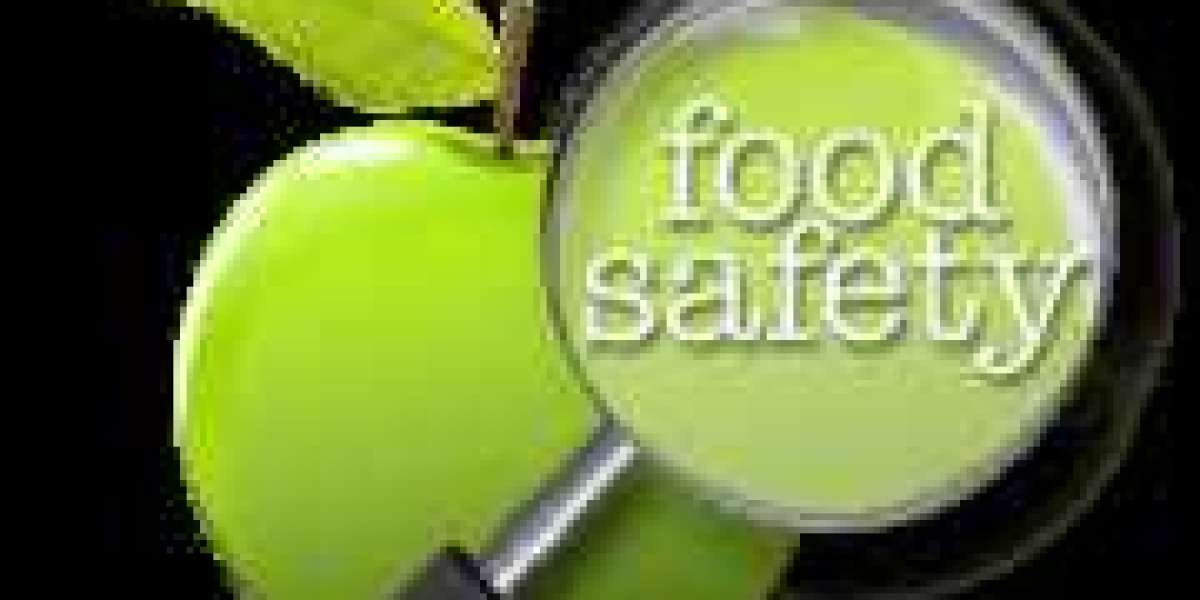Introduction:
In the ever-evolving landscape of the food industry, ensuring the safety of the products we consume is of paramount importance. The International Organization for Standardization (ISO) recognizes the critical role of a robust food safety management system and has established the ISO 22000 standard to guide organizations in this endeavor. Achieving ISO 22000 certification not only enhances the reputation of a company but also instills confidence in consumers and stakeholders alike.
Understanding ISO 22000:
ISO 22000 is a globally recognized standard that sets out the criteria for an effective food safety management system. It provides a comprehensive framework for identifying and controlling food safety hazards, ensuring that the end product is safe for consumption. The standard is applicable to all organizations in the food chain, from primary producers to manufacturers, distributors, and retailers.
Key Requirements:
To obtain ISO 22000 certification, organizations must implement a systematic approach to managing food safety risks. This involves establishing and maintaining a robust Food Safety Management System (FSMS) based on the following key principles:
Hazard Analysis: Identify and assess potential hazards at each stage of the food production process.
Prerequisite Programs: Implement necessary controls, such as Good Manufacturing Practices (GMP) and sanitation procedures, to create a foundation for food safety.
HACCP (Hazard Analysis and Critical Control Points): Establish and implement HACCP principles to systematically control and monitor critical points in the food production process.
Management System: Develop and maintain a comprehensive management system that includes documentation, internal audits, and continuous improvement processes.
Benefits of ISO 22000 Certification:
Enhanced Credibility: ISO 22000 certification is a testament to an organization's commitment to food safety, boosting its credibility and reputation in the market.
Global Market Access: Certification opens doors to international markets by demonstrating compliance with globally accepted food safety standards.
Customer Confidence: Consumers are increasingly conscious of the safety of the food they consume. ISO 22000 certification instills confidence in customers, leading to increased trust and brand loyalty.
Operational Efficiency: Implementing ISO 22000 improves overall operational efficiency by streamlining processes and reducing the risk of food safety incidents.
Conclusion:
In a world where food safety is a top priority, ISO 22000 certification provides a clear roadmap for organizations to navigate the complexities of the food industry. By adhering to this standard, companies not only mitigate the risks associated with food safety but also position themselves as leaders committed to delivering high-quality, safe products. Achieving ISO 22000 certification is a strategic investment that pays dividends in terms of reputation, market access, and, most importantly, the well-being of consumers.








